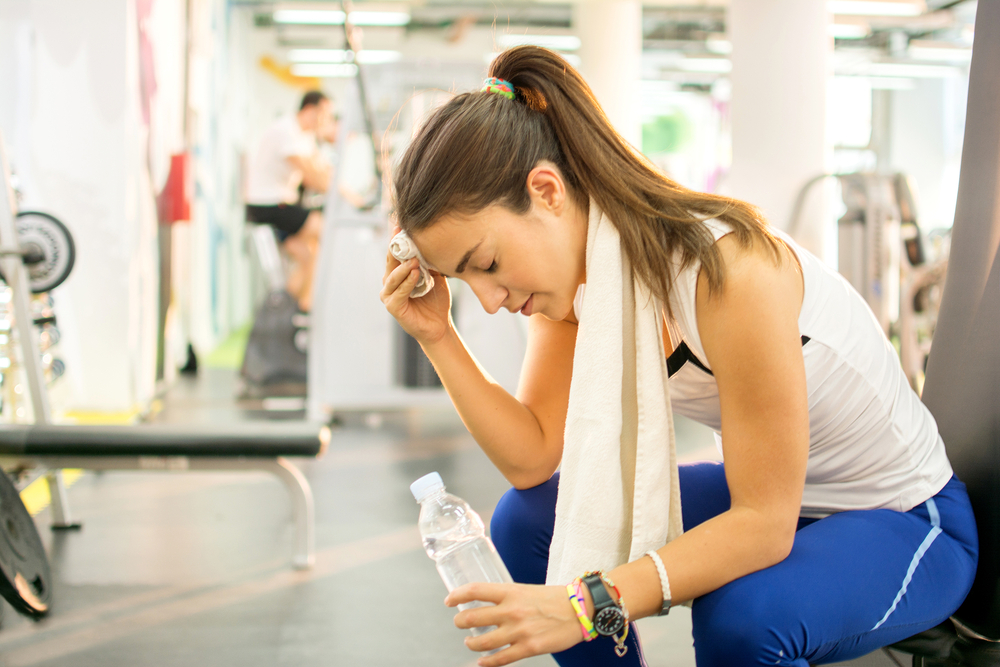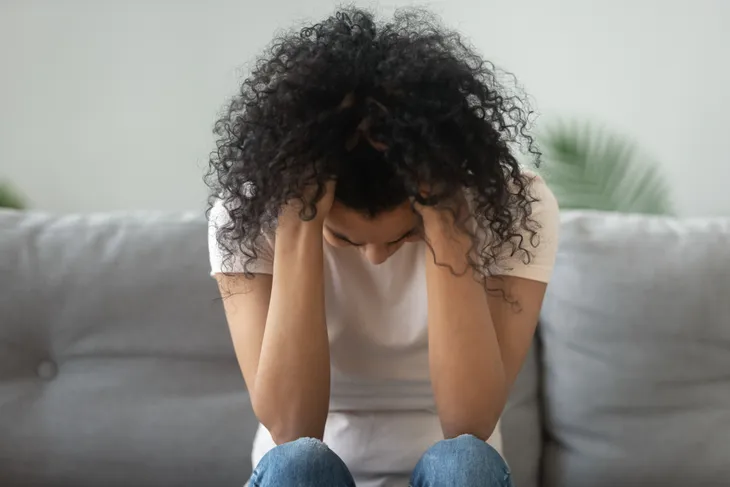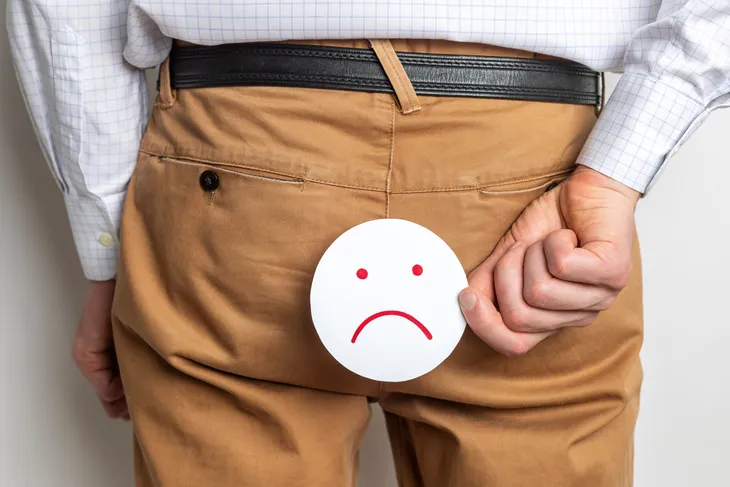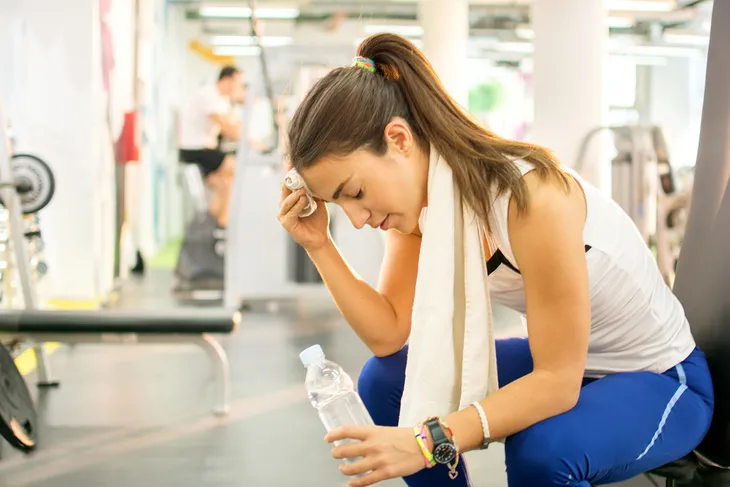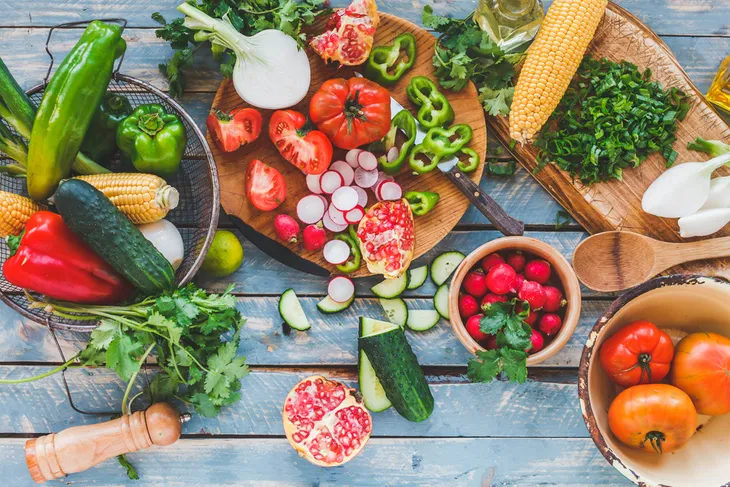Water is essential to our life and well-being, but sometimes we can come up a bit short and our body will likely tell us about it. As Health.com points out, having insufficient hydration can cause your mood and energy levels to dry up.
Your body is about 60-percent water, so even a small decline (1.5-percent) can have a negative impact, adds the source. So what is causing you to lose water from your system? Let’s take a look at some of these reasons, as some may surprise you…
Prescription Medications
Drugs from the pharmacy are aimed at improving your health, and they often achieve that goal. However, there are a number of side effects possible—and one of them is dehydration, notes Health.com.
This is because many prescription meds are also diuretics, meaning you’ll have to urinate more often. The increased passing of urine will deplete your water supply, so you should check the label to see if excess peeing is a side effect of your prescription. Blood pressure meds are commonly associated with this problem, notes the site.
Stress
This is a double-edged sword – dehydration can cause you to deal with stress less effectively, while stress can also cause dehydration, according to WebMD. The source recommends having a glass of water to lower cortisol levels, your body’s stress hormone.
“Stress can cause dehydration, and dehydration can cause stress. It’s a vicious cycle,” notes WebMD. The key is consuming water regularly as a normal habit, it adds. Stress and dehydration can have similar symptoms from increased heart rate to fatigue to headaches, it adds.
Diarrhea/Vomiting
WebMD also warns about dehydration when you’ve had a “prolonged bout” of diarrhea or vomiting. In some cases, your body will lose more fluids than it can take in when you’re ill or reacting to something that’s causing you to take multiple trips to the bathroom.
WebMD has a suggestion to help keep your hydration levels up when you’re experiencing diarrhea and are having trouble keeping anything down due to illness. It says to sip small amounts of water often, rather than chugging water, which is possibly what your body is screaming for. You can also suck on ice for controlled release.
Exercise
We all (should) know that exercise is important to your overall health, and that exercising causes you to lose water through sweat. However, even the mild to moderate athlete could be losing more water than you realize.
Health.com notes that this can become a continuous cycle, especially if you’re regularly hitting the gym and not adequately re-hydrating yourself. One way to find out how much fluid you’ve lost during your workout is to weigh yourself before and after the session, suggests the source. Drink a minimum of 16-ounces of water for each pound you’ve sacrificed to exercise, it adds.
Pregnancy
“Maternal overheating” is a symptom of pregnancy related to being dehydrated, according to AmericanPregnancy.org. You’ve heard about eating for two during pregnancy, so drinking water for two should also be on your menu.
“You need more water than the average person, since water plays an important role in the healthy development of your baby,” notes the site. Water is essential in forming the placenta, an essential link for your baby to receive nutrients.
Alcohol Consumption
It’s not always intuitive that drinking something can cause you to be dehydrated, but that’s a possibility when you’re having a few cold ones, some bourbon or a bottle of wine. Alcohol can impair your judgment to realize you’re getting dehydrated, for one thing.
However, the main point made by Livestrong.com is that alcohol is a diuretic, just like some of those prescription meds. The source notes that drinking four 2-ounce shots of liquor can cause you to urinate 1-quart of liquid. Let’s do a little math here: a quart is 32 fluid ounces, which is almost four times the amount of liquor in this case.
Lack of Fruits and Vegetables in Your Diet
Health.com weighs in again with this bit of info—half a plate of produce included with each meal is the equivalent of drinking two glasses of water. You need five portions of fruits and veggies a day, otherwise you need to step up water consumption “or you could easily wind up dehydrated,” explains the source.
Of course, loading up on foods that are too salty can add to this problem. SFGate.com says that Americans are getting way too much sodium on average, and only a relatively small amount is needed to keep your bodily functions in balance. Your kidneys will try to get rid of the excess (more peeing).
